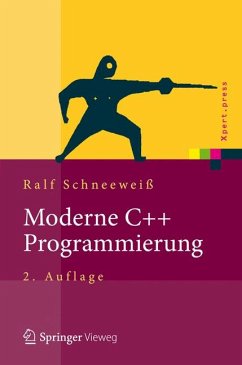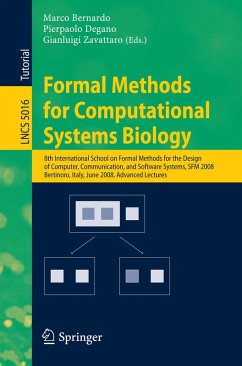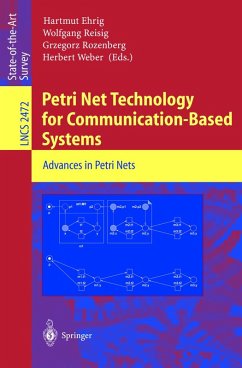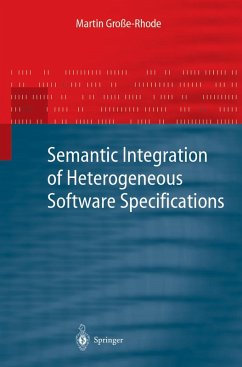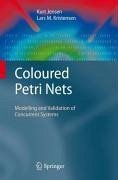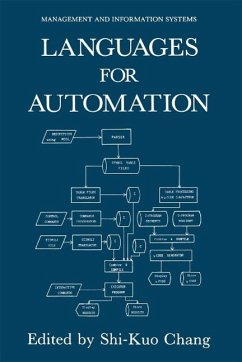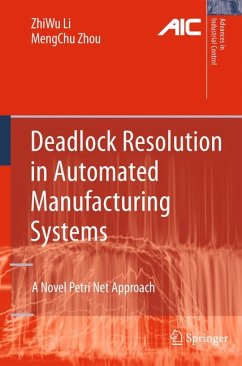
Deadlock Resolution in Automated Manufacturing Systems (eBook, PDF)
A Novel Petri Net Approach
Versandkostenfrei!
Sofort per Download lieferbar
72,95 €
inkl. MwSt.
Weitere Ausgaben:

PAYBACK Punkte
36 °P sammeln!
Deadlock problems in flexible manufacturing systems (FMS) have received more and more attention in the last two decades. Petri nets are one of the more promising mathematical tools for tackling deadlocks in various resource allocation systems. In a system modeled with Petri nets, siphons are tied to the occurrence of deadlock states as a structural object. The book systematically introduces the novel theory of siphons, traps, and elementary siphons of Petri nets as well as the deadlock control strategies for FMS developed from it. Deadlock prevention methods are examined comparatively. The man...
Deadlock problems in flexible manufacturing systems (FMS) have received more and more attention in the last two decades. Petri nets are one of the more promising mathematical tools for tackling deadlocks in various resource allocation systems. In a system modeled with Petri nets, siphons are tied to the occurrence of deadlock states as a structural object. The book systematically introduces the novel theory of siphons, traps, and elementary siphons of Petri nets as well as the deadlock control strategies for FMS developed from it. Deadlock prevention methods are examined comparatively. The many FMS examples presented to demonstrate the concepts and results of this book range from the simple to the complex. Importantly, to inspire and motive the reader's interest in further research, a number of interesting and open problems in this area are proposed at the end of each chapter.
Dieser Download kann aus rechtlichen Gründen nur mit Rechnungsadresse in A, B, BG, CY, CZ, D, DK, EW, E, FIN, F, GR, HR, H, IRL, I, LT, L, LR, M, NL, PL, P, R, S, SLO, SK ausgeliefert werden.




